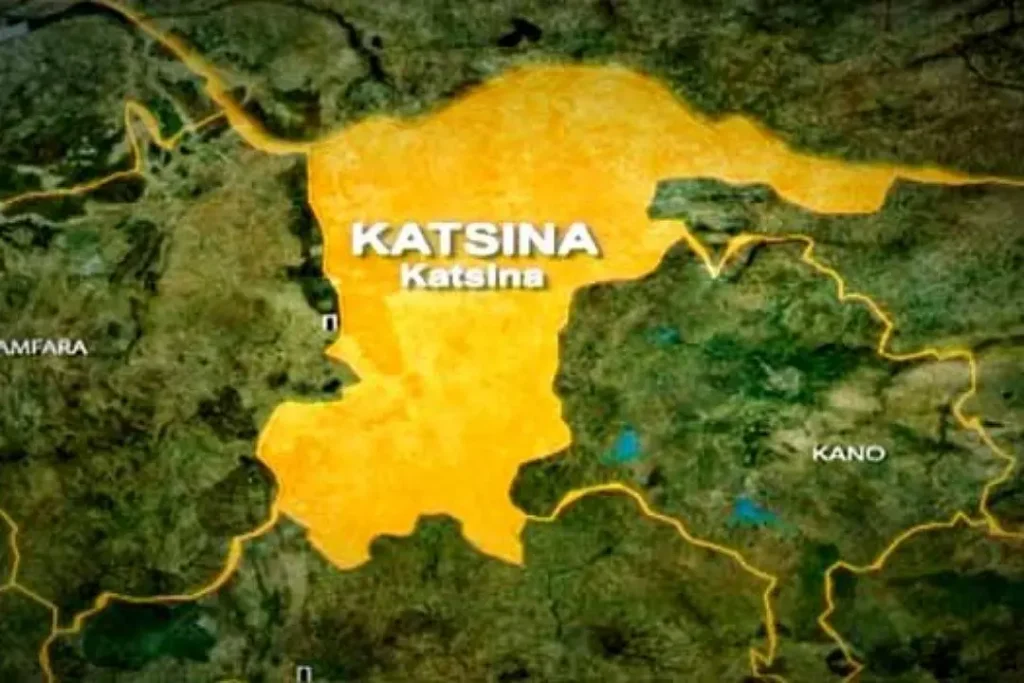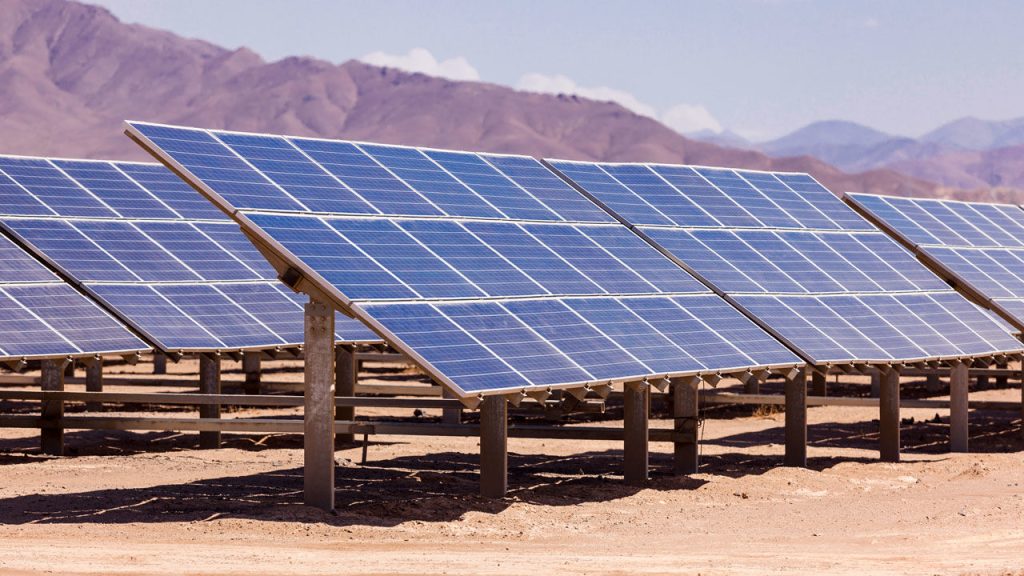The World Bank has issued a call to action for Nigeria and other West African nations, urging them to create a more stable macroeconomic environment and implement accommodative monetary policies to drive economic growth in the region. This advice was shared in the World Bank’s recent economic outlook report on Western and Central Africa.
The report highlights the potential for economic growth in the region, citing factors such as the improved offshore Baleine Oilfield, increasing oil production, and exports. However, Nigeria’s below-average growth rate is identified as a factor that could hinder overall economic performance in the sub-region.
The World Bank projects Nigeria’s growth to reach 3.3% in 2024 and 3.6% in 2025-2026, attributing this growth to ongoing macroeconomic and fiscal reforms. The report forecasts that economic activity in the AFW sub-region will rise from 3.2% in 2023 to 3.7% in 2024, and further accelerate to 4.2% in 2025-2026.
The report emphasizes the importance of a stable macroeconomic environment and the gradual impact of reforms on the non-oil economy. It also anticipates a stabilization of the oil sector, with increased production and slightly lower prices. Additionally, a more accommodative monetary policy by the Central Bank of West African States is expected to support private consumption.
Furthermore, the report predicts that investments in agriculture, manufacturing, and telecommunications will increase as a result of reforms in the business environment. Overall, the World Bank’s recommendations aim to foster sustained but gradual economic growth in the region.
In conclusion, the World Bank’s insights underscore the importance of implementing sound economic policies to drive growth in West Africa. By focusing on stability, reforms, and strategic investments, countries in the region can pave the way for a more prosperous future.



